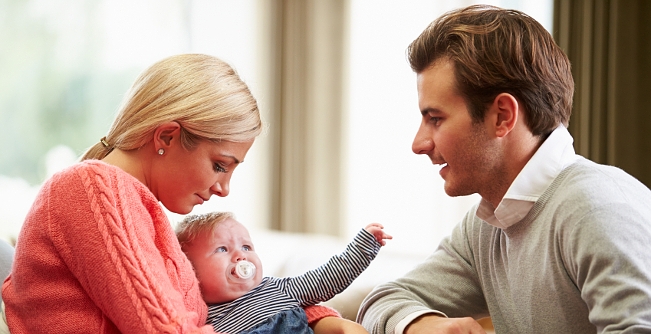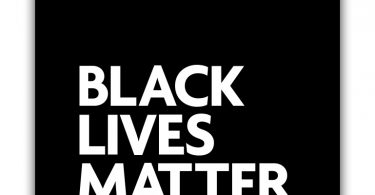Having a baby is a wonderful and life-changing experience. Unfortunately, the stress it brings can also expose parents to a number of emotional challenges.
PND is a form of depression that happens after the birth of your child; it can appear gradually or occur rapidly overnight. Also known as paternal depression, PND has only been recognised in fathers within the last few years, with it estimated that around 10% of new dads suffer from the condition.
Although more likely to affect parents during their baby’s first year, fathers appear to be most vulnerable when their little one is between three and six months old. Younger men are generally more prone to depression, so dads in their 20s are at a higher risk.
The Mystery
As with mothers who suffer from PND, there is no clear cause for dads developing the condition. That being said, depression is typically caused by stress and high emotions, and having a baby can be an incredibly stressful period in your life.
The increased pressures of fatherhood seem like a logical place to start; with the added responsibilities and increased workload at home having an adverse effect on new fathers and their mental health.
Many elements seem to play a role in the development of PND. A key factor is your relationship with your partner, which can easily become strained. Whether this is antenatal (before birth) or postnatal (after birth), dads are more prone to depression if their relationship has been difficult during the pregnancy.
Additionally, if your partner is already suffering from postnatal depression, this can influence your own mental wellbeing and increase your chances of being affected. Other main factors, as with most mental health conditions, are personality, social factors, family history and health history.
The Symptoms
Post-natal depression can have a significant effect on your relationships. There are plenty of ways you can try to overcome it before deciding to consult a doctor, but a good starting point is understanding how the symptoms can affect you as a dad.
The most common effect is a sense of detachment, where you may not feel as close to your baby or capable as a father; you may become less responsive towards your baby as you wrestle with your own fears or concerns.
Try to remember that your baby’s needs are fundamental at this stage. To overcome this, spend time with your baby through holding, talking or even reading to them – these are simple but effective ways for dads to get closer to their baby and start feeling like they are cut out for the role.
The Treatment
It’s essential that if you want to look after your baby, you need to be taking care of yourself; staying active and eating healthily can be a massive boost for your mental health. Taking your baby out for walks is a good start, as not only will it give your partner a break, but it helps you establish an early relationship with your child.
Meeting other dads is also advised; there are a number of swimming or dance classes that specifically target dads and babies and there are also support groups for PND sufferers.
Another major challenge is the loss of sleep in the early months of fatherhood. With sleep loss playing a key role in depression, this can seem like a losing battle. However, fear not, as this phase will pass; after around 6 months, your baby’s sleep pattern will improve significantly. Returning to a regular sleep pattern will go a long way to making you feel better about yourself!
PND is treatable and heading to your GP could be very beneficial. Your GP can suggest a range of treatments such as online therapy, self-help groups or even an exercise group.Online therapy is conducted via a conductive behavioural therapy (CBT) programme that helps you address how you feel about everyday concerns and identifies the triggers of your depression. Your GP will be keen to discuss the results with you once the programme has finished, so whatever assistance you decide to take, planning a return visit to your GP is always advisable.
Thankfully, the medical world now recognises post-natal depression as a serious and very real issue for fathers. Having a baby is a huge challenge for both parents and, with new responsibilities, a transforming social circle and financial strain, there can be a lot weighing on a new dad’s mind. You just need to keep in mind that all of these pressures are natural and can be easily managed by taking greater care of yourself.
It will be hard at first, but with persistence and plenty of stamina, you’ll be able to get closer to your baby, feel better about fatherhood and ultimately, become the parent you always imagined you’d be.




























